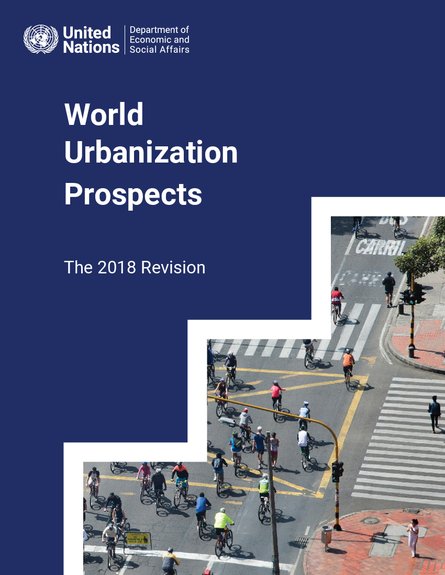
In the eighth year of the Syrian refugee crisis, Lebanon hosts 1.5 million Syrian refugees, many of whom are located alongside poor Lebanese in urban settings that were already stressed before the 2011 crisis onset. In a long-standing national context of scarce data, combined with ever-growing pressure to maximize efficiencies in intervention funding, there is an urgent need for reliable spatialized information on which to base holistic, multisectoral, multi-actor mitigation approaches that support municipalities and other state entities. Neighbourhood profiles offer such a springboard for moving towards sustainable development, shedding light on how relatively fixed built environments and relatively mobile social dimensions interface with each other in specific contexts.
Resource collections
- UN Habitat - Urban Response Collection
- Urban Response - Urban Crisis Preparedness and Risk Reduction
- Urban Response Collection - Community Engagement and Social Cohesion
- Urban Response Collection - Economic Recovery
- Urban Response Collection - Environment and Climate Change
- Urban Response Collection - Housing, Land and Property
- Urban Response Collection - Urban Crisis Response, Recovery and Reconstruction
- Urban Response Collection - Urban Resilience